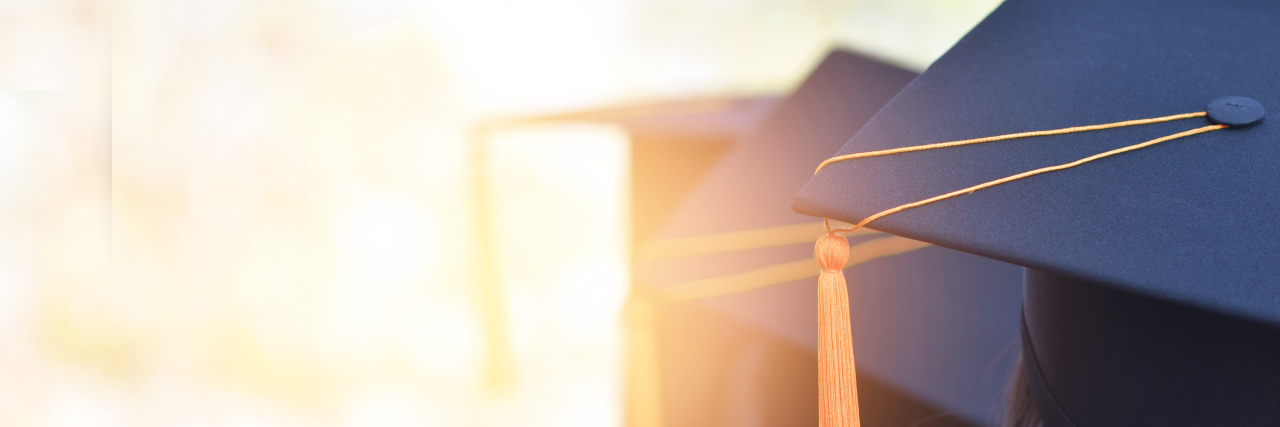Finding Self-Confidence as a Blind Ph.D. Student
I am currently about to embark upon the final year of my Ph.D. scholarship in Disability Studies at a relatively small university in the northwest of England. I would like to provide you with an insight into my background and what brought me to studying for a Ph.D.
Due to achieving academic success in my undergraduate degree (B.A.(hons) Education and SEN) and then in my Master’s degree (M.A. Disability Studies), I knew I had found an area of education were I was capable of achieving academic success. My particular research interests include Art Education and Visual Impairment (VI), as well as museum and gallery access for individuals with VI. My decision to continue learning about Art Education and VI can be regarded as a continuation of my undergraduate and Master’s studies.
In the beginning, the Ph.D. excited me, since it would provide me with the opportunity to explore Disability Studies in greater depth, with a specific focus on Art Education and VI. However, in the months leading up to the start of my Ph.D., like any new educational opportunity, I often doubted my capabilities. Will I be able to keep up with the workload and more importantly, will I achieve my potential?
Exceeding expectations has always been a driving force in my achieving success. From a young age, medical and education professionals had very low expectations for me in terms of academic achievement. This has meant that during my life I have had to overcome negative and prejudicial attitudes shown towards me by such individuals, who were of the opinion that I would lack potential due to my disabilities.
My disabilities include being registered blind, hearing impairment and dyslexia. The umbrella term for my conditions is Syndromes Without A Name (SWAN), as yet I don’t have and may never have a diagnosis. As a result of the negative attitudes shown towards me, I often doubt my capabilities and in recent years, have questioned how I could possibly undertake research at a doctoral (Ph.D.) level. My early educational experiences create echoes that have to be confronted and challenged. I knew I wanted to make a point and prove that despite negative attitudes and barriers to success, I could overcome the limitations placed upon me by others.
I know I would not have been given the opportunity of undertaking the Vice-Chancellor’s Ph.D. Scholarship if I was not capable of achieving it. I believe the negative and prejudicial attitudes bestowed upon me resonate with many blind/VI scholars and researchers. There is little expectation to achieve at the same level as our non-disabled peers, and one is often directed towards a role which fits his/her disability, usually something menial and of little interest. I want this Ph.D. to challenge some of the attitudes held by individuals within educational settings and prove that individuals with VI are just as capable as their peers – we have the same needs, desires and wishes, which simply require education professionals to listen and act upon them.
By engaging in previous Disability Studies research surrounding Education and VI more broadly, which was of great interest to me, I have already challenged some of the negative stereotypes surrounding disability imposed upon me by medical and educational professionals, as well as other pupils. I hope that through engaging in this Ph.D. research, I can continue to challenge some of the negative stereotypes surrounding disability and the notion that professional knowledge alone cannot shape an individual’s education.
As I write this piece, the earlier thoughts I experienced at the outset of the Ph.D. seem to have come to the fore. I feel as though my work isn’t good enough or worthy of recognition, despite years of advocating for others with VI and raising awareness of living a full and active life with VI and other conditions. I hope others reading this will understand that studying for a Ph.D. while living with multiple disabilities can be challenging at times. However, with the right academic support and understanding, I believe it may be possible to achieve my academic dreams and aspirations.
Getty image by Nirat.

